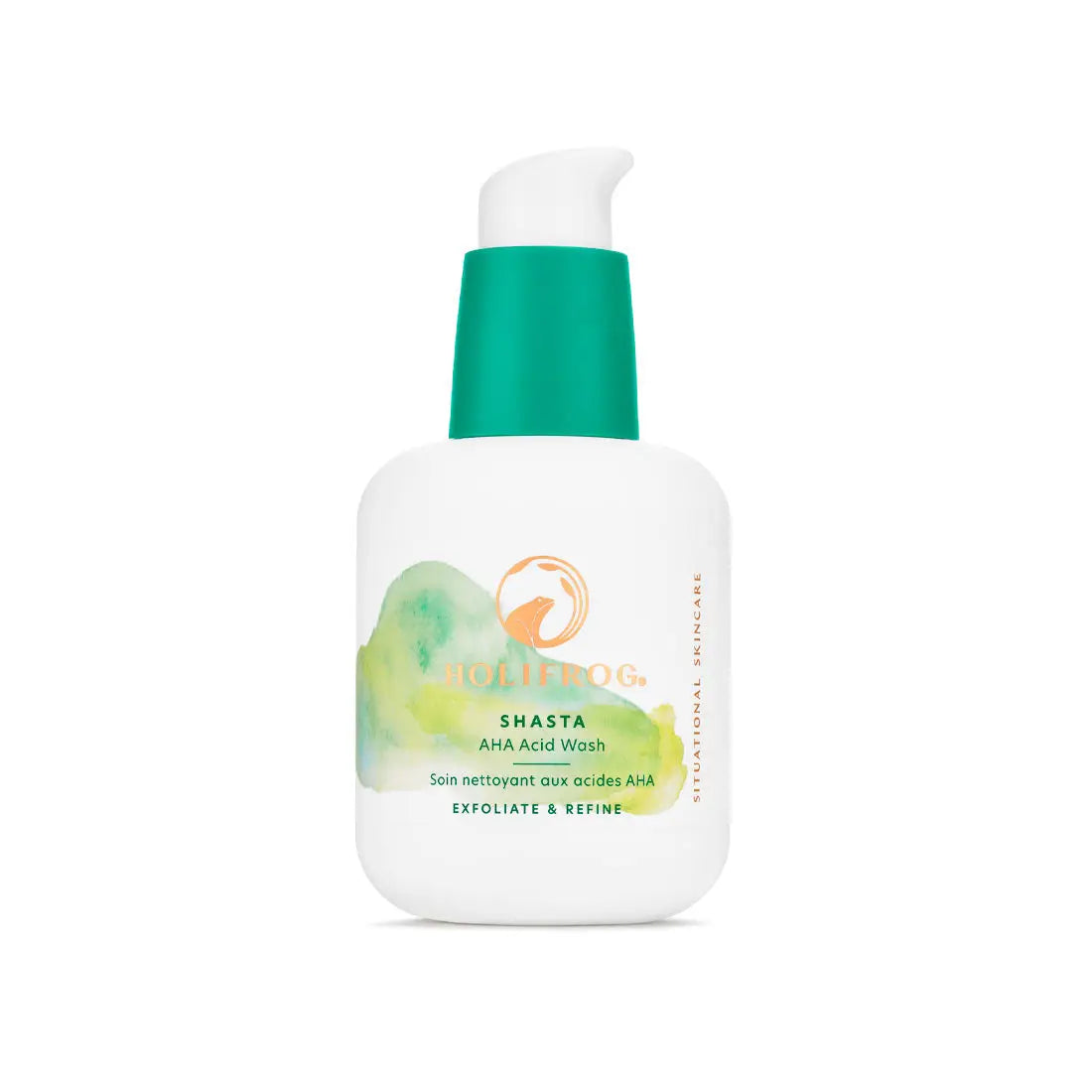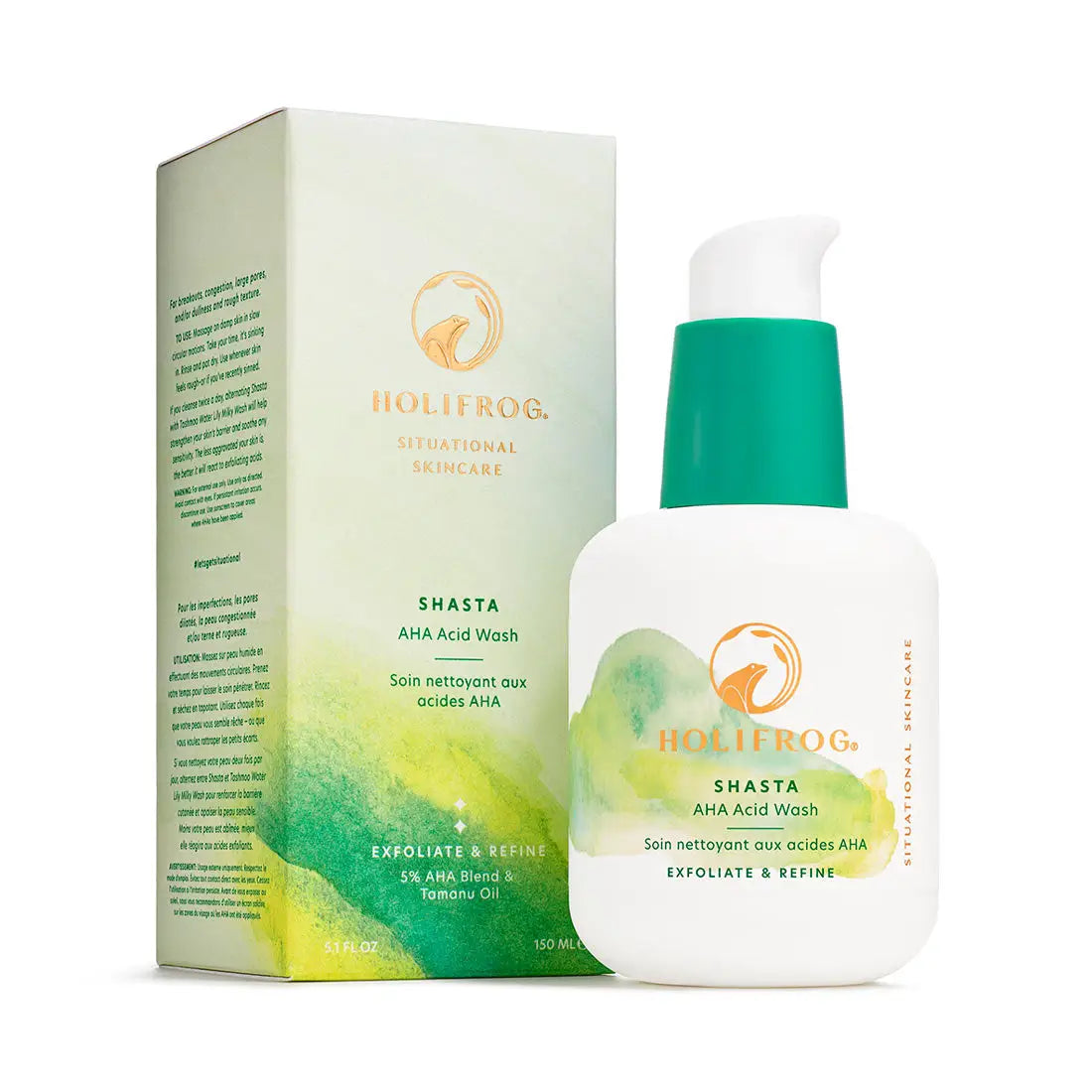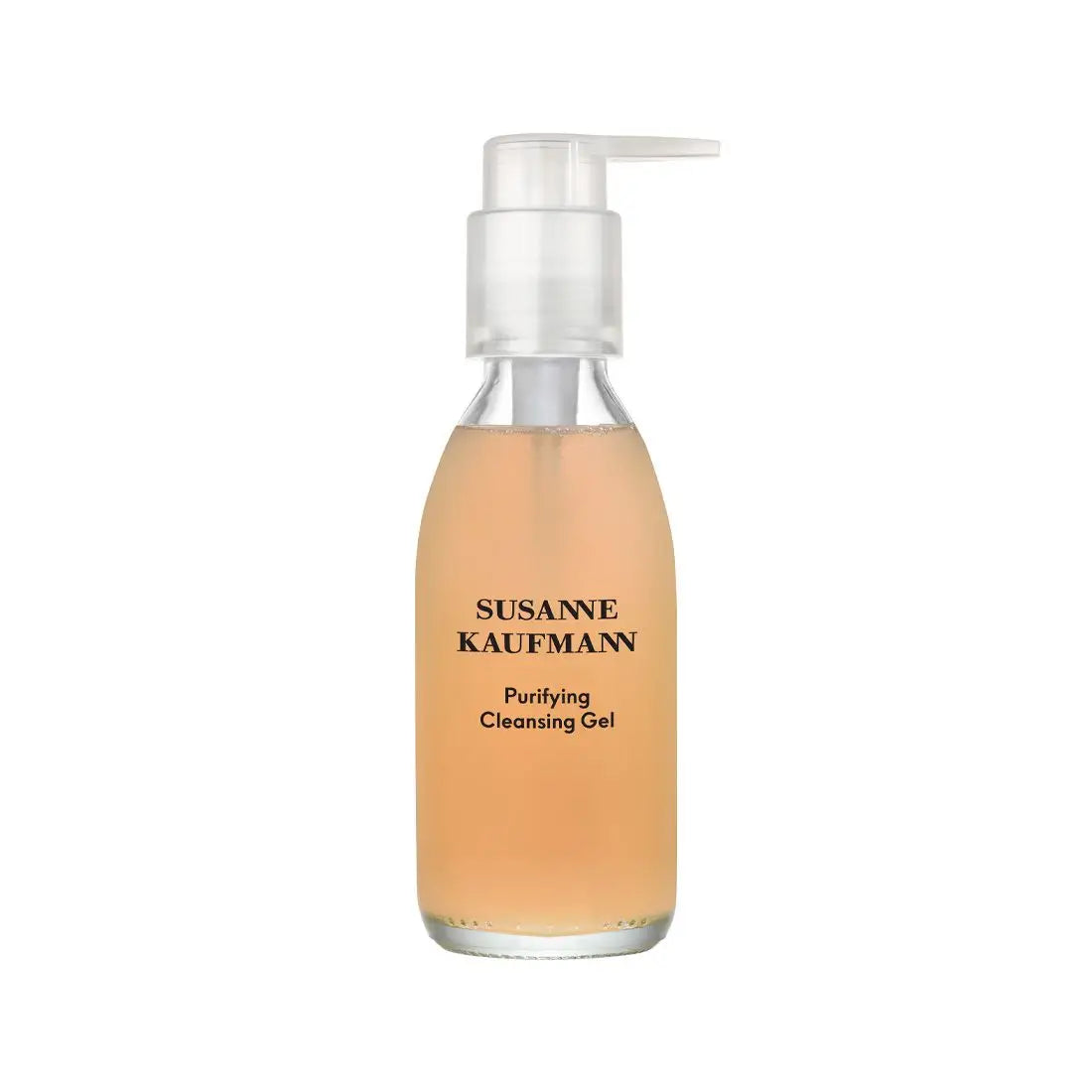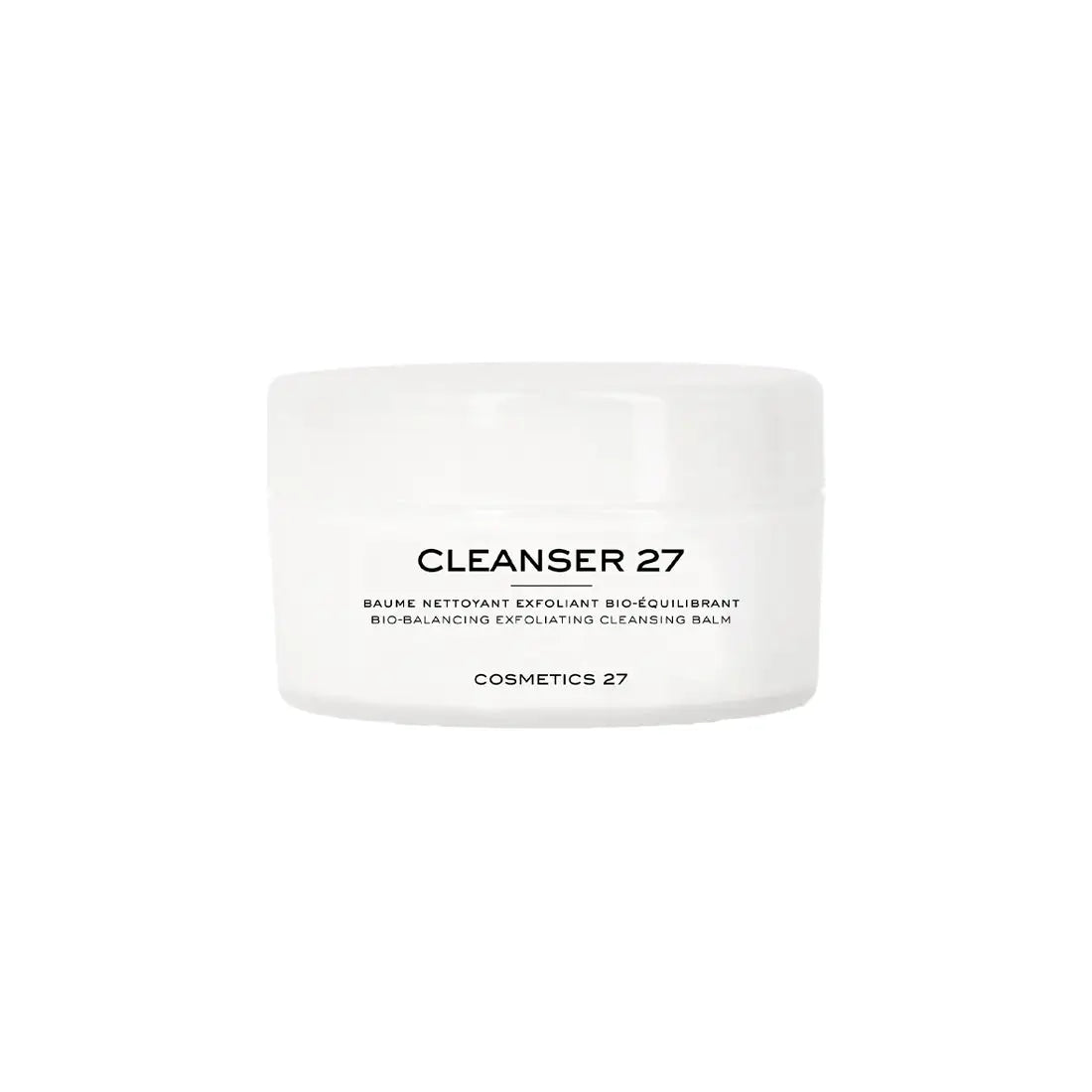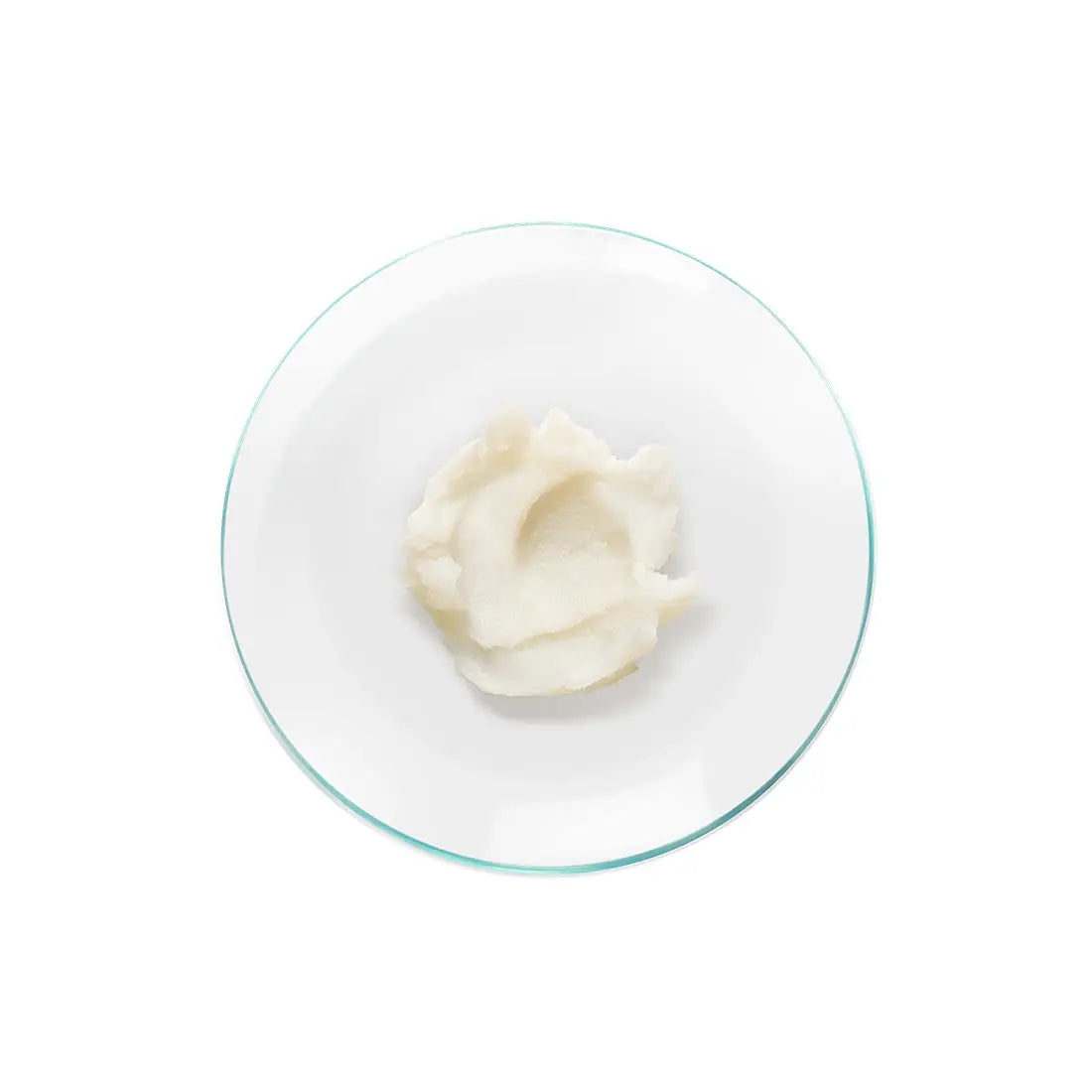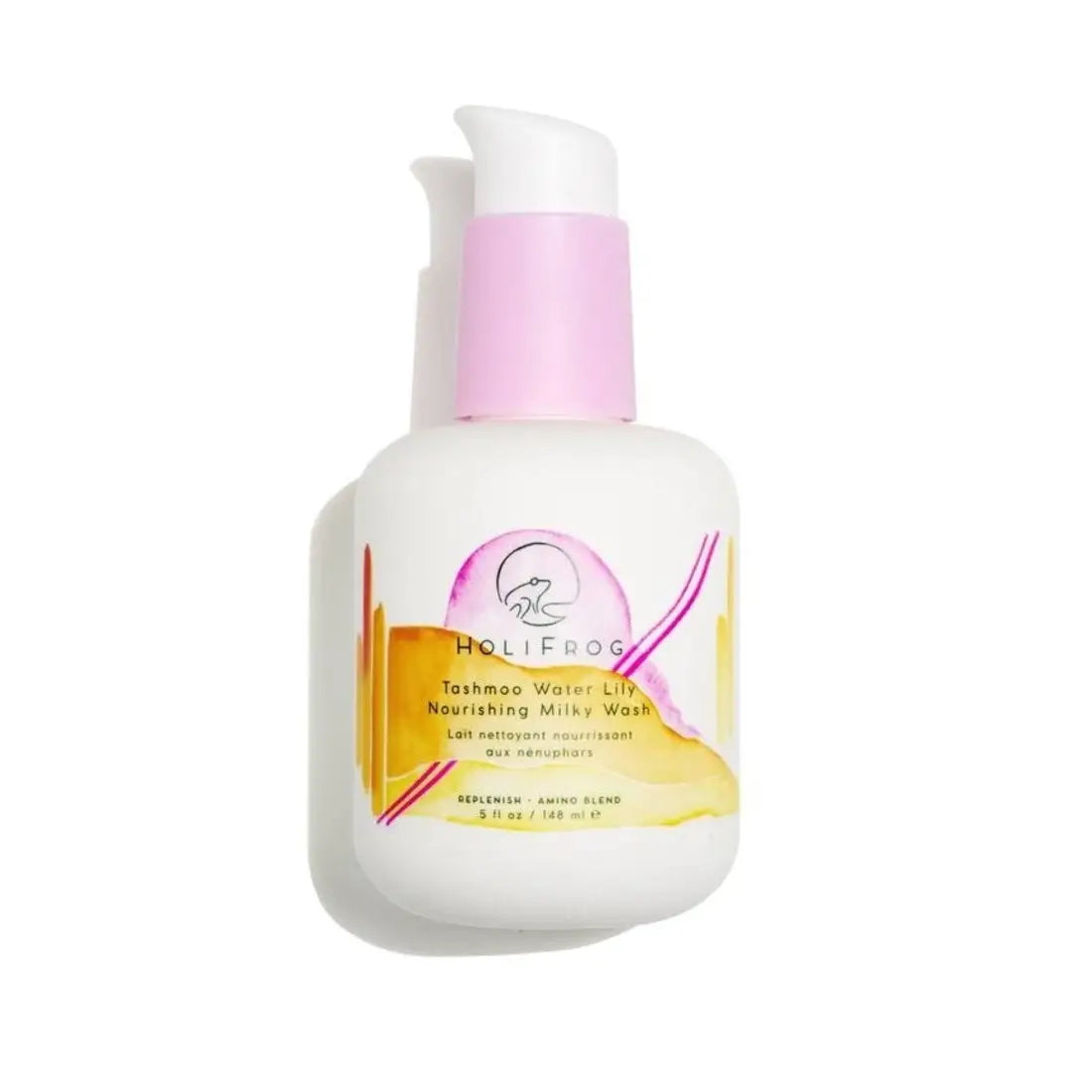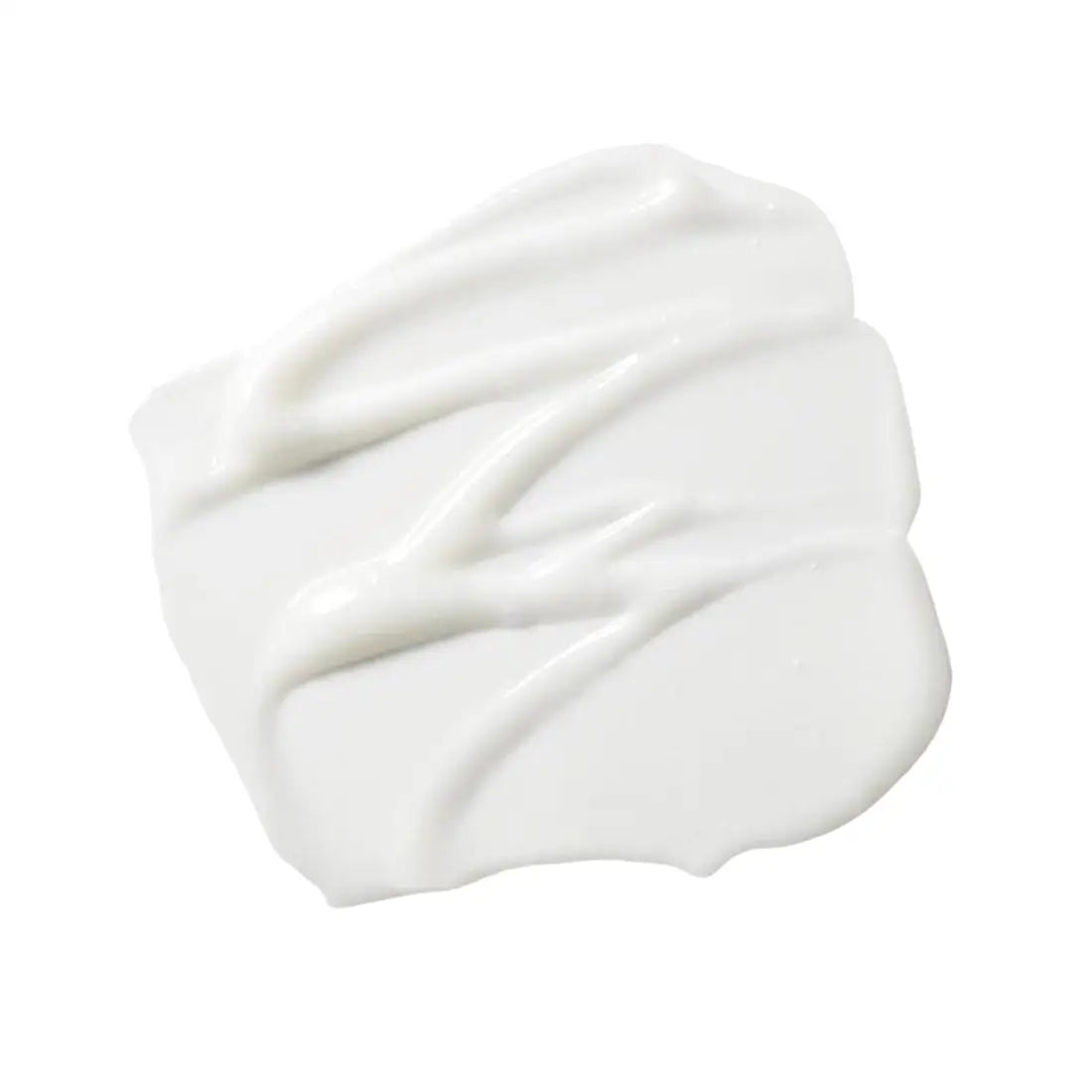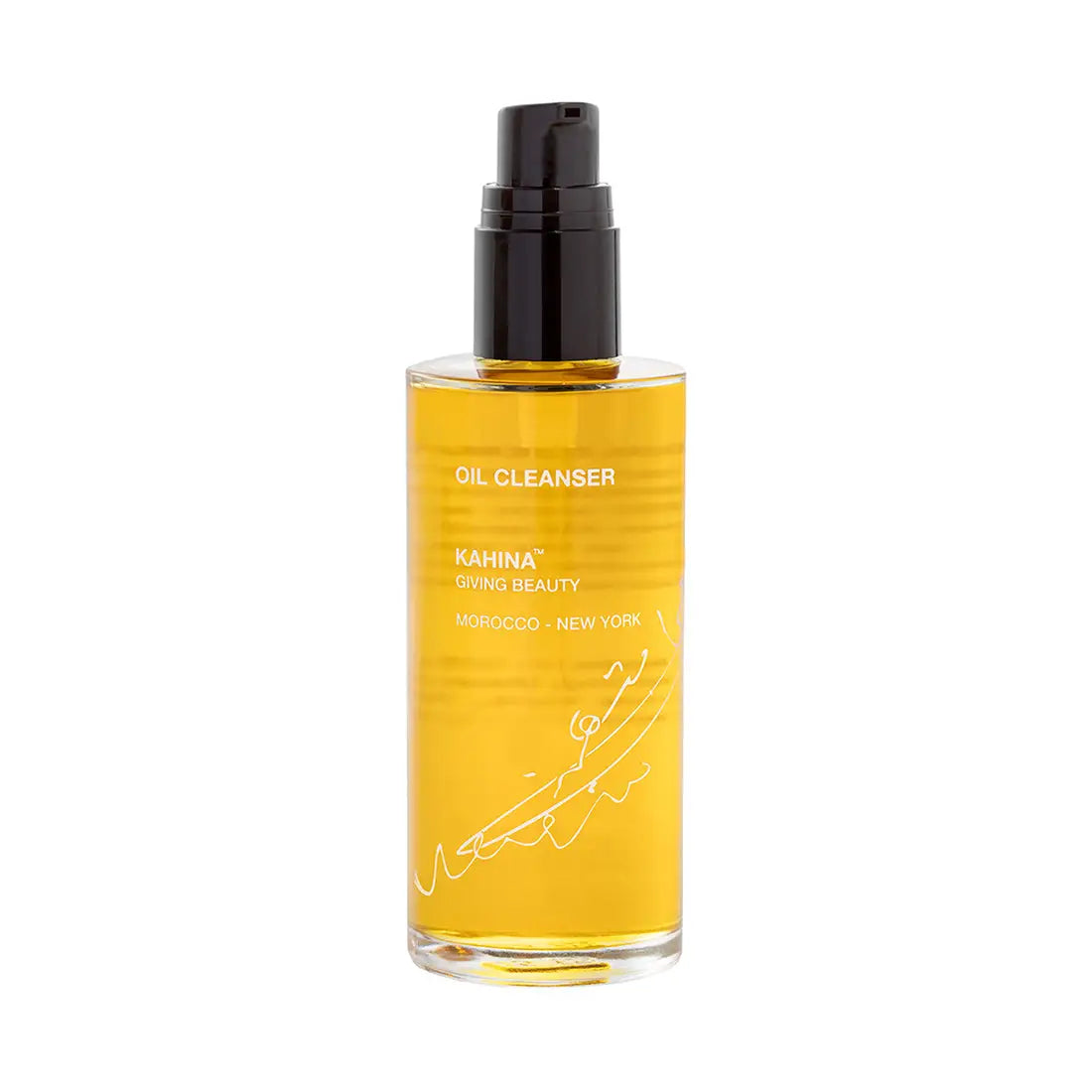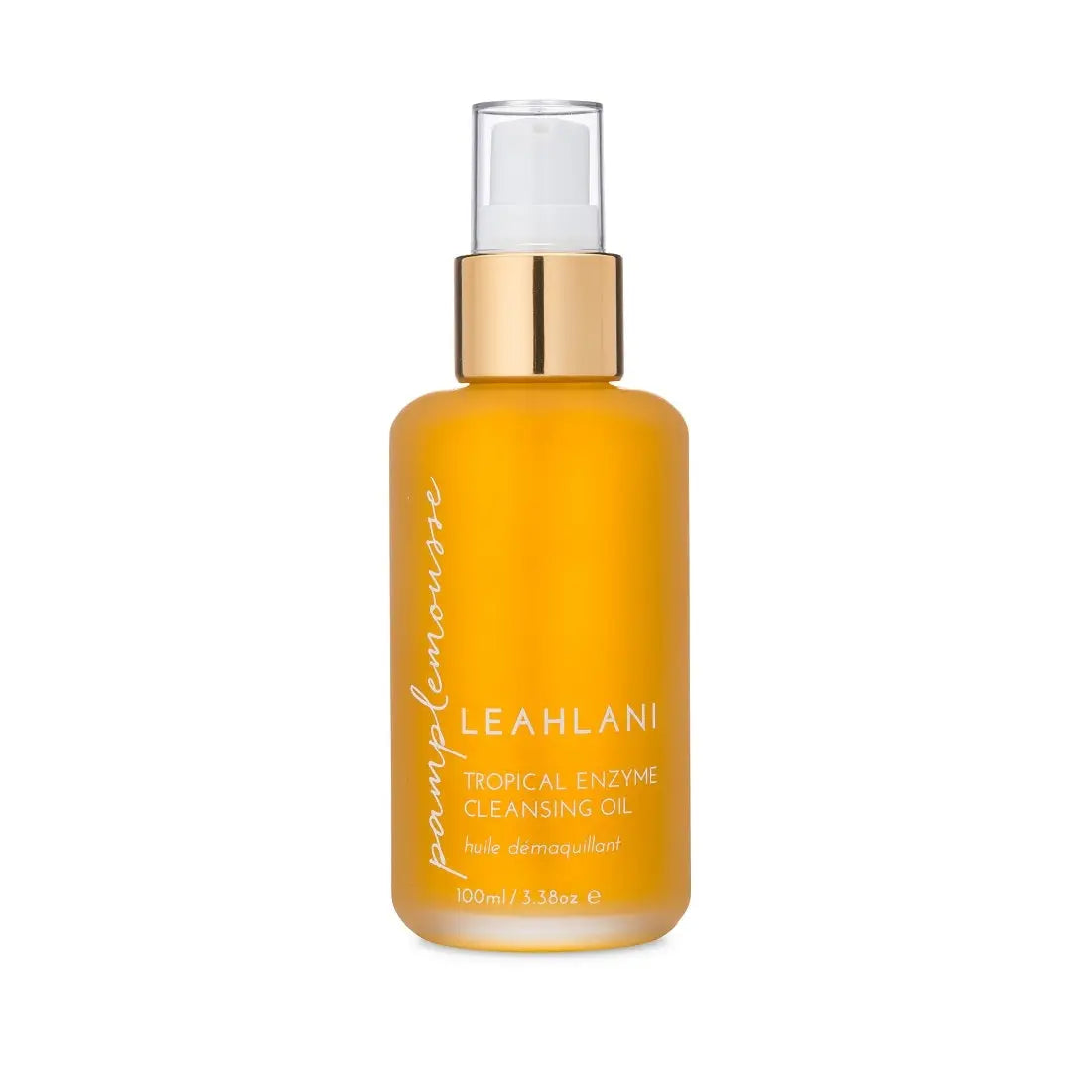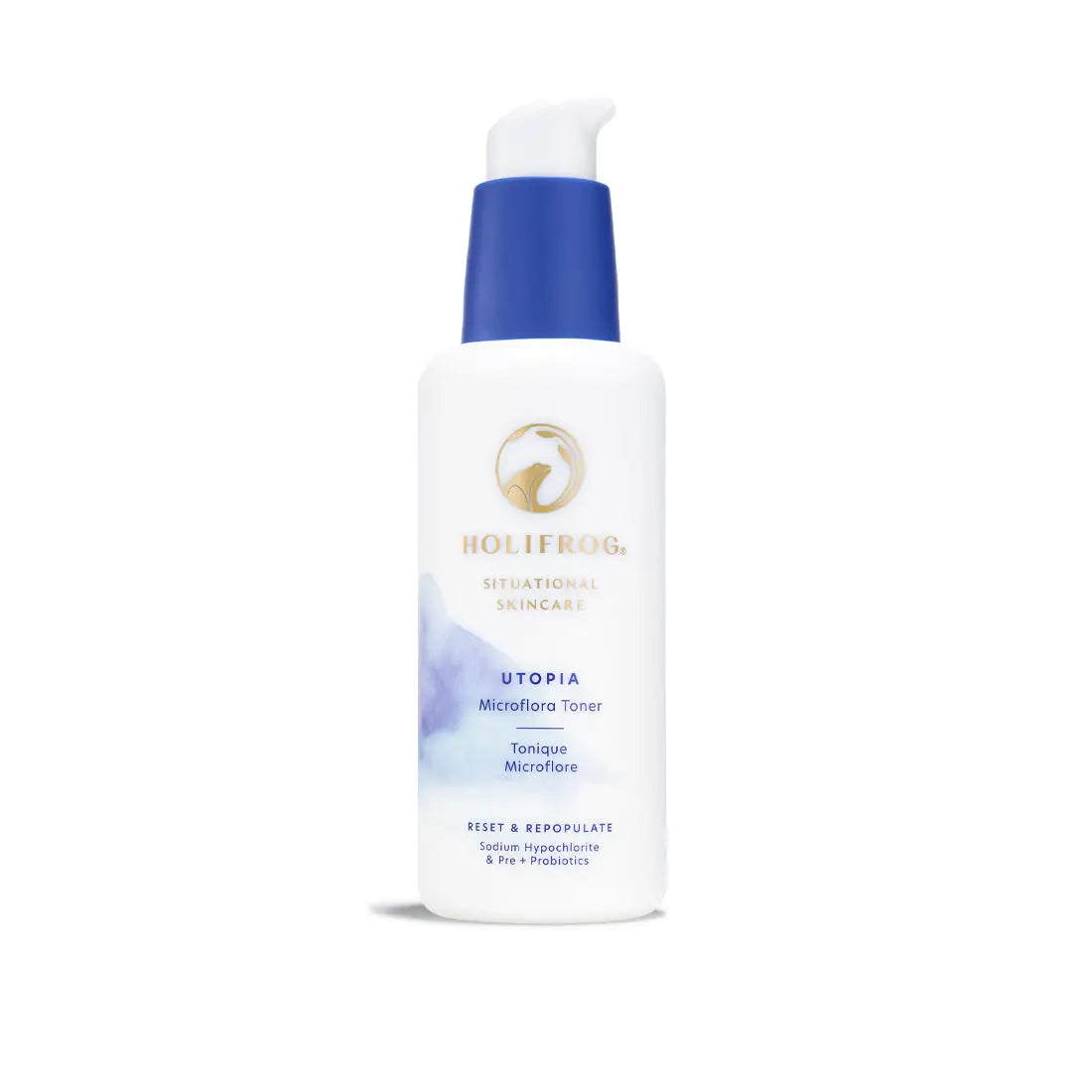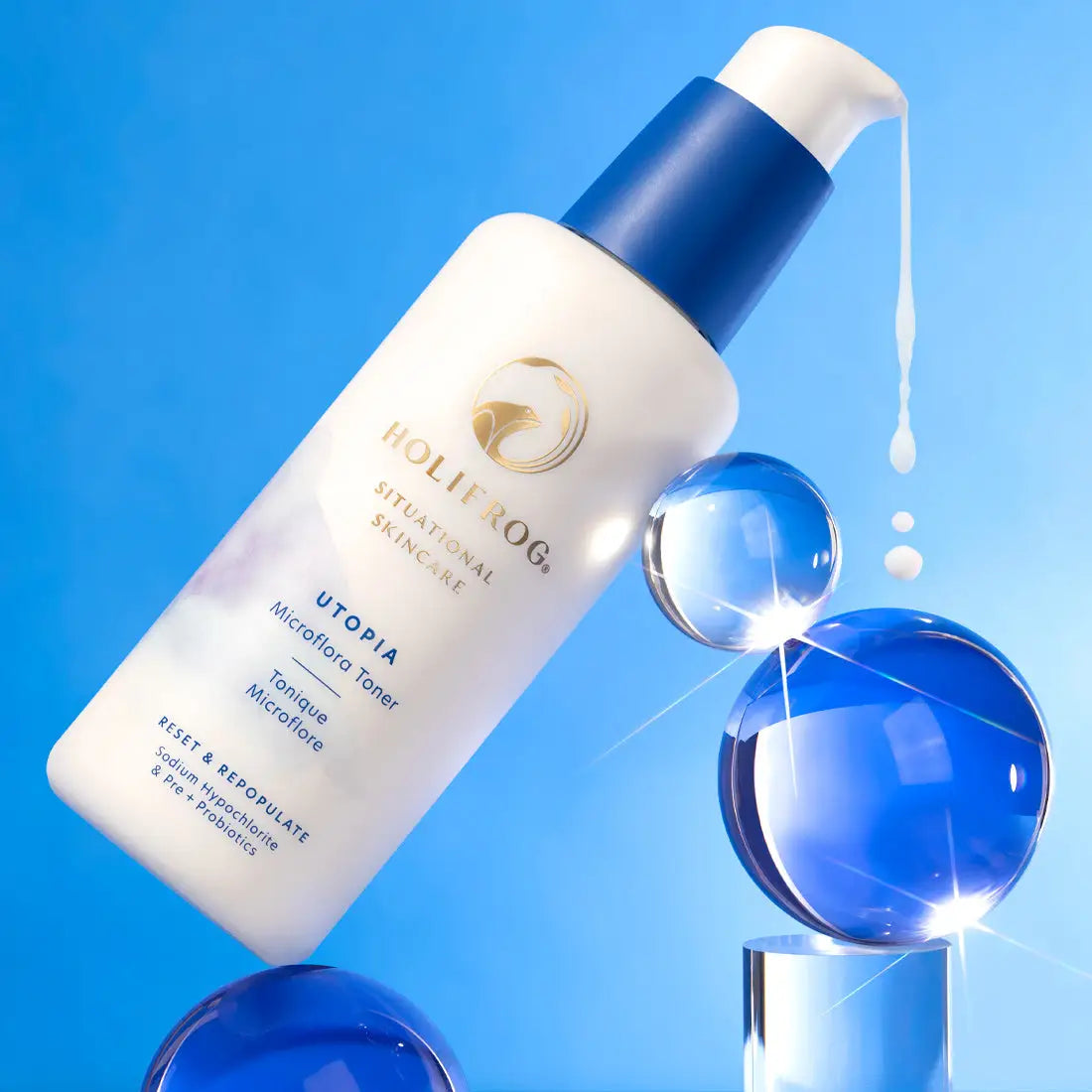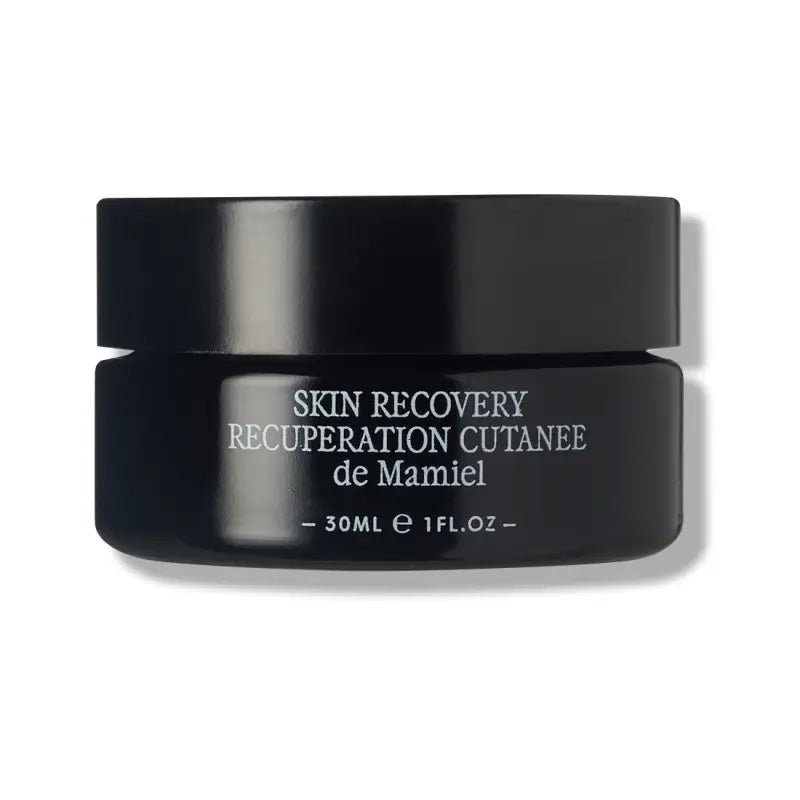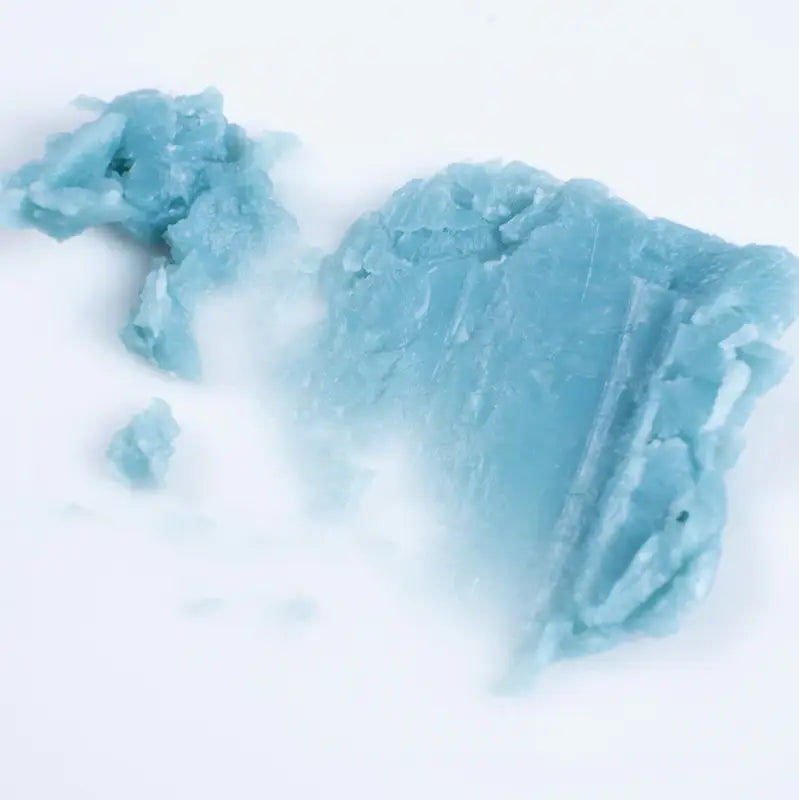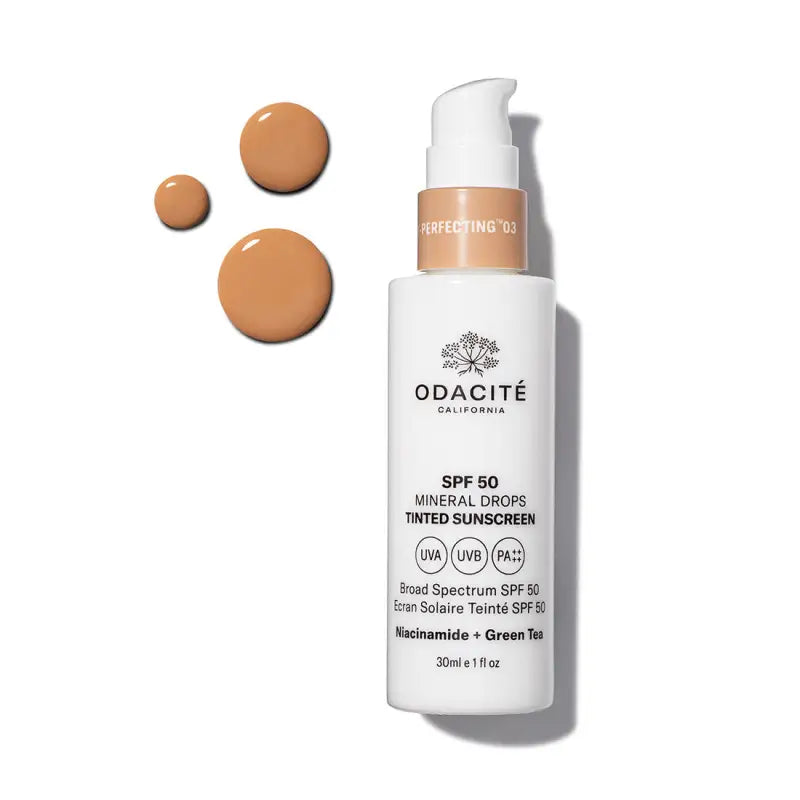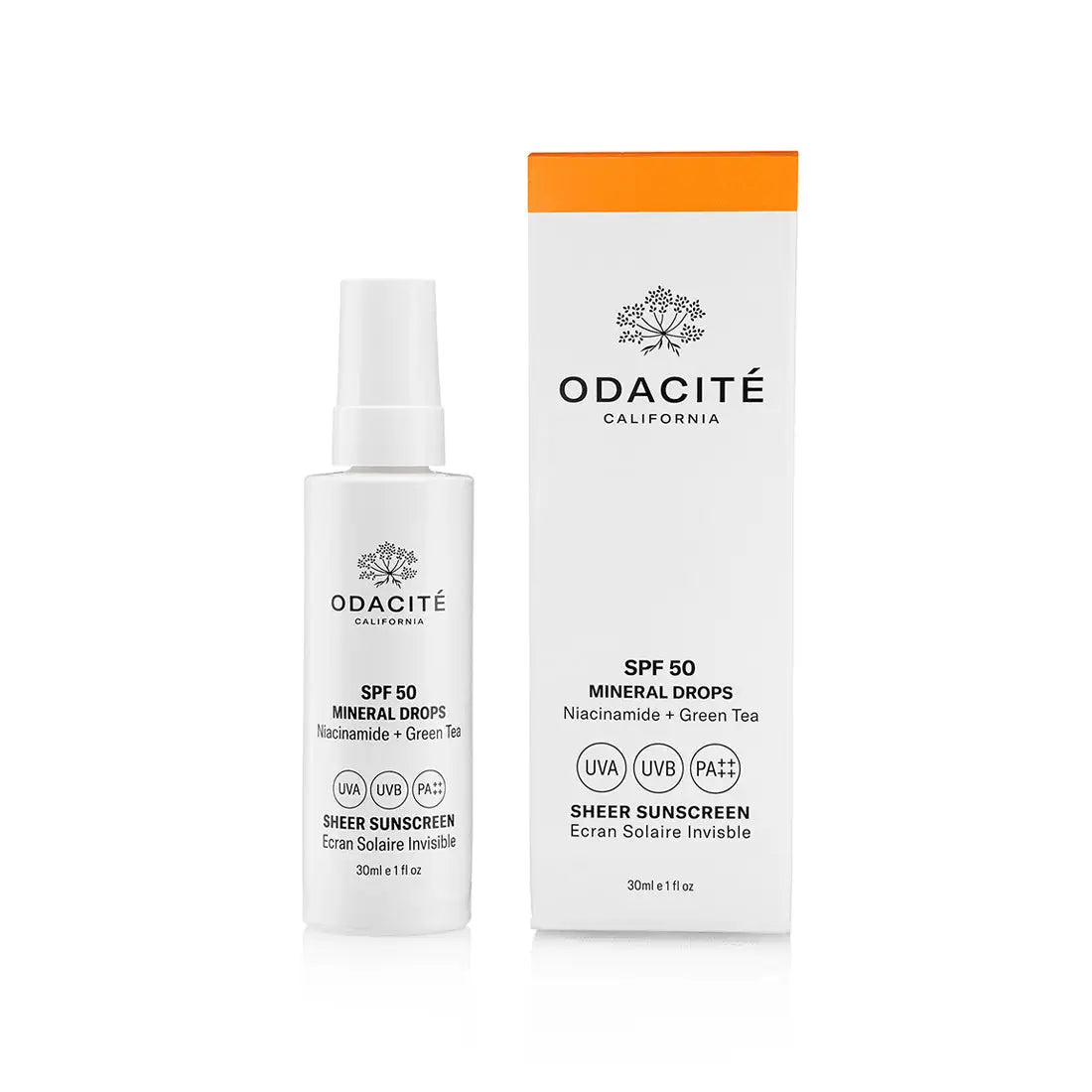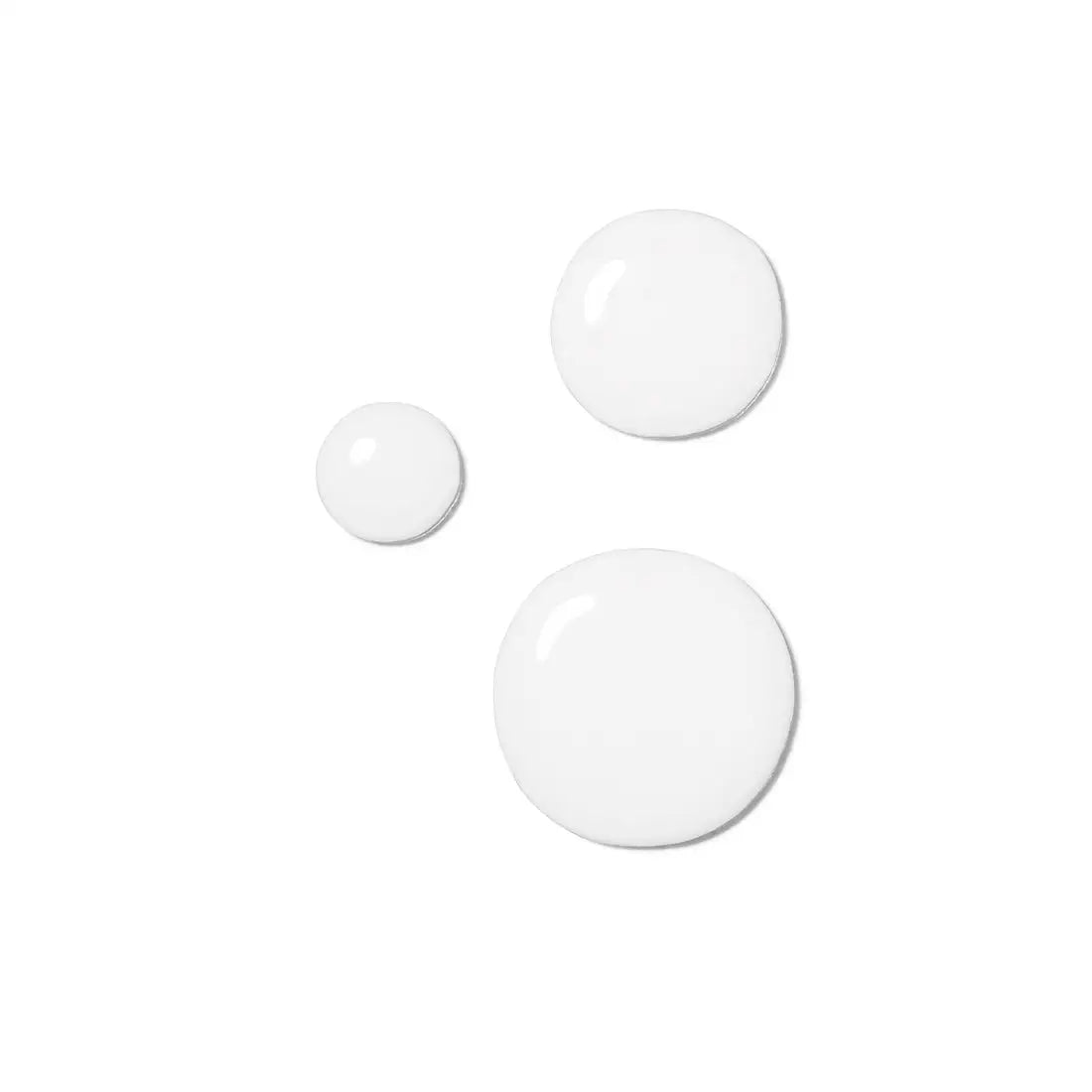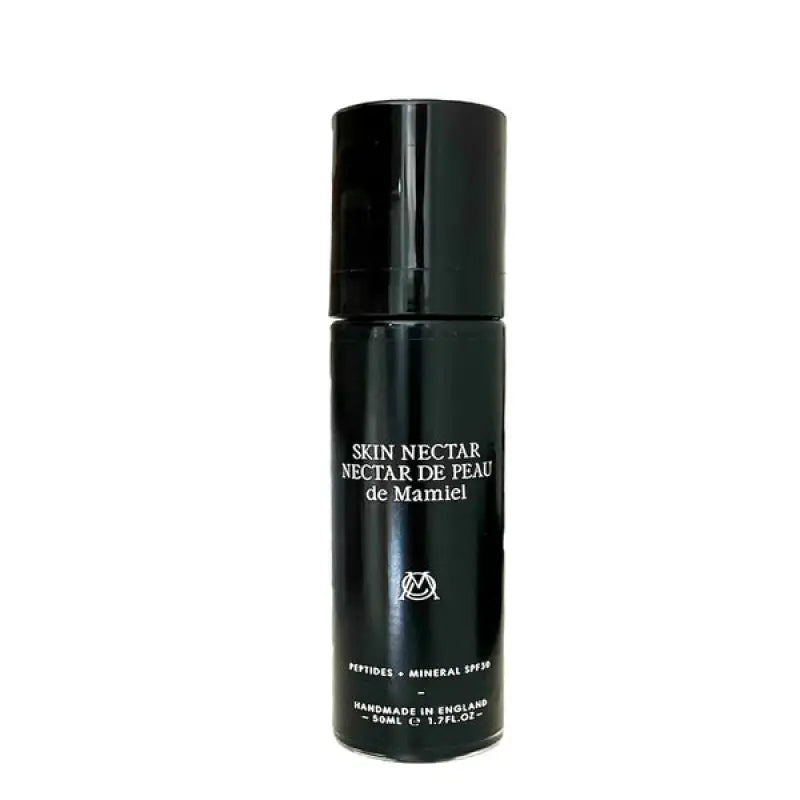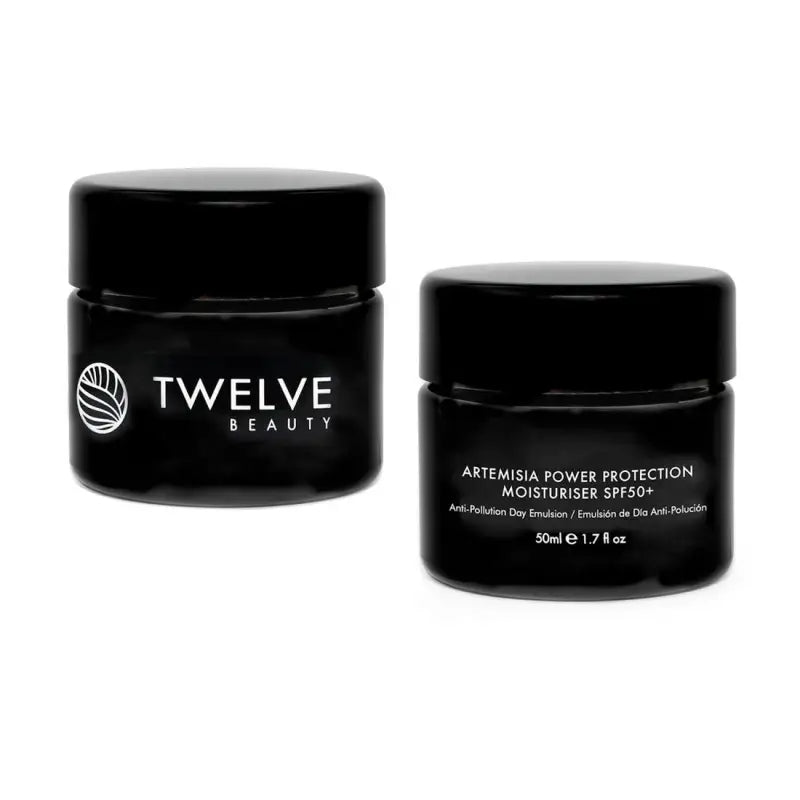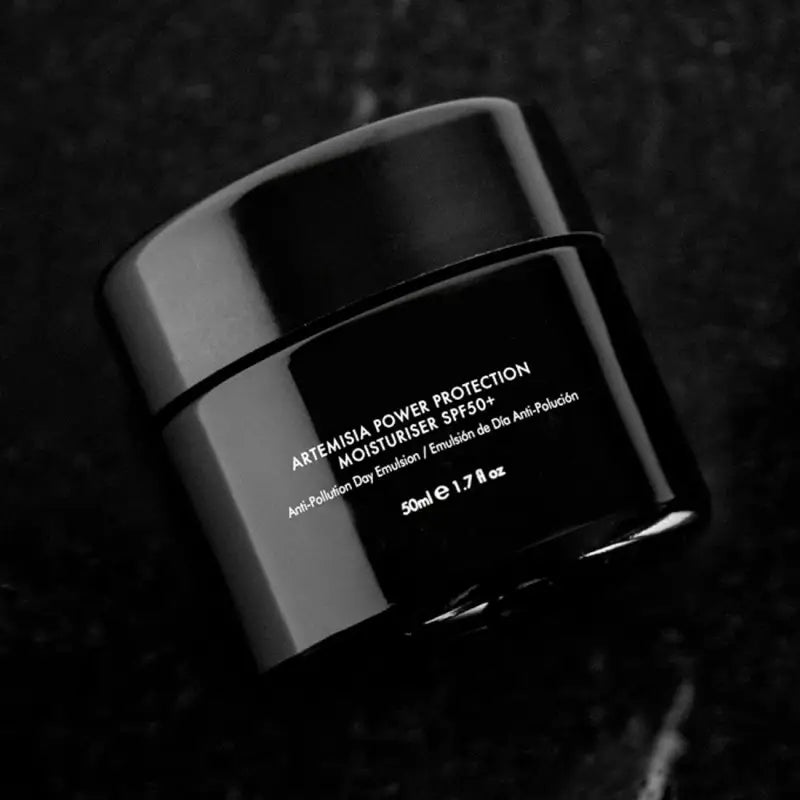Eczema, a common skin condition affecting millions worldwide, can significantly impact one's quality of life and self-confidence. Symptoms such as redness, itchiness, and inflammation can be both physically uncomfortable and emotionally distressing. However, with the right skincare routine, knowledge, and products, you can effectively soothe and improve the appearance of your skin. In this post, we'll delve into the underlying causes of eczema, explore various ways to combat it, and provide a beauty routine specifically designed for eczema-prone skin. We'll emphasise the benefits of natural and organic products, as they can be gentler on sensitive skin and help minimise the risk of further irritation. Additionally, we'll dispel some common myths about eczema and skincare, offer expert advice, and provide answers to frequently asked questions, empowering you to better manage your eczema and achieve a healthier, more radiant complexion.
Soothe Your Eczema: Skincare Treatments and Tips for a Healthier Complexion
What is Eczema?
Eczema, also known as atopic dermatitis, is a chronic skin condition characterized by red, itchy, and inflamed patches of skin. It can occur anywhere on the body but is often found on the face, hands, and joints. Eczema affects people of all ages, including children, and can range from mild to severe (Dr. Sandra Lee, 2018). This skin condition is quite common, impacting around 10-20% of children and 1-3% of adults worldwide (Dr. Emma Guttman-Yassky, 2020).Eczema-prone skin often has a weakened barrier function, which makes it more susceptible to losing moisture and allowing allergens and irritants to enter the skin, causing inflammation and itching. People with eczema might also experience flare-ups, during which symptoms worsen for a period, followed by periods of improvement or remission. Eczema can have a significant impact on a person's quality of life, as it may cause discomfort, sleep disturbances, and self-consciousness about their skin's appearance. However, with proper understanding and care, individuals with eczema can effectively manage their symptoms and enjoy healthier, more comfortable skin.

How to Combat Eczema
To effectively combat eczema, it's essential to identify and avoid triggers, maintain a consistent skincare routine, and use gentle, hydrating products. Incorporating natural and organic skincare products can further benefit eczema-prone skin by reducing exposure to harsh chemicals and irritants (Dr. Whitney Bowe, 2019).In addition to adopting a gentle skincare routine, it's crucial to manage stress and prioritiыe self-care, as stress can be a significant trigger for eczema flare-ups (Dr. Claudia Aguirre, 2021). Engaging in activities like yoga, meditation, and exercise can help reduce stress levels and improve overall well-being.Another essential aspect of combating eczema is maintaining a healthy diet and staying well-hydrated. Consuming foods rich in omega-3 fatty acids, such as fish, nuts, and seeds, can help reduce inflammation and promote skin health (Dr. Rajani Katta, 2020). Additionally, drinking plenty of water throughout the day helps keep the skin hydrated and supports its natural barrier function.Seeking medical advice is also important for managing eczema, as healthcare professionals can recommend appropriate treatments based on the severity of your symptoms.Lastly, it's important to be patient and persistent in managing eczema, as it can take time to see improvements in your skin. Regularly monitoring your symptoms, making lifestyle adjustments, and working closely with your healthcare provider can help you effectively combat eczema and achieve healthier, more comfortable skin.
Its Cause
The exact cause of eczema remains unknown, but it is believed to be a combination of genetic and environmental factors. Eczema is often associated with a compromised skin barrier, which allows allergens and irritants to penetrate the skin, leading to inflammation and itchiness. Individuals with a family history of eczema, asthma, or hay fever have a higher risk of developing the condition due to genetic predispositions (Dr. Andrew Alexis, 2019).Common triggers of eczema flare-ups include harsh soaps, detergents, stress, and allergens such as pollen and pet dander (Robinson, 2020). Environmental factors, like temperature fluctuations and low humidity, can also exacerbate symptoms by further drying out the skin. Food allergies, particularly in children, may play a role in some cases of eczema, although the link between diet and eczema is not yet fully understood (Dr. Jonathan Silverberg, 2021). By identifying and avoiding potential triggers, individuals with eczema can reduce the frequency and severity of flare-ups, improving their overall skin health.In addition to the factors mentioned earlier, recent research suggests that the immune system may play a significant role in the development of eczema. An overactive immune response to harmless substances or even the body's own cells can contribute to inflammation and skin barrier dysfunction, leading to eczema symptoms (Dr. Lisa Beck, 2019).Another factor in the development of eczema is the skin's microbiome, which is the collection of microorganisms, such as bacteria, fungi, and viruses, that live on the skin's surface. A balanced skin microbiome is essential for maintaining healthy skin, but individuals with eczema often have an imbalance or dysbiosis, which can exacerbate their symptoms (Dr. Richard Gallo, 2017). For example, the overgrowth of Staphylococcus aureus, a type of bacteria, has been found to be more prevalent on the skin of people with eczema and may contribute to skin inflammation and barrier disruption.Lastly, hormonal changes can also influence the development or worsening of eczema. Some women may experience flare-ups during pregnancy, menstruation, or menopause due to fluctuations in hormone levels (Dr. Jenny Murase, 2015).

Eczema and Skincare Myths Debunked
Myth 1 : Eczema is contagious.
Truth: Eczema is not contagious and cannot be spread through contact with an affected individual. It's a chronic inflammatory skin condition that results from genetic and environmental factors.
Myth 2: Eczema is caused by poor hygiene.
Truth: Eczema has nothing to do with personal hygiene. In fact, over-washing and using harsh soaps can exacerbate eczema symptoms. It's essential to maintain a gentle skincare routine that keeps the skin clean and moisturized without causing irritation.
Myth 3: Steroid creams are the only effective treatment for eczema.
Truth: While steroid creams can be beneficial in managing eczema symptoms, they are not the only treatment option. Other treatments, such as topical calcineurin inhibitors, phototherapy, and lifestyle changes, can also help alleviate symptoms.

When to Seek Professional Help
1. Your eczema symptoms persist or worsen despite self-care measures.
2. You experience frequent flare-ups that impact your quality of life.
3. Your skin becomes infected, indicated by increased redness, warmth, pus, or a fever.
4. Over-the-counter treatments don't provide sufficient relief, and you may require prescription-strength options.
In such cases, a dermatologist can provide a personalized treatment plan and monitor your progress, ensuring that your eczema is effectively managed and under control.
Why Use Natural and Organic Products for Eczema Skin?
Beauty Routine for Skin with Eczema
Top Tips
- Keep your skin moisturised, especially during colder months when the air is dry. Apply a fragrance-free, hydrating moisturiser or emollient immediately after showering to lock in moisture and protect your skin's natural barrier (Dr. Amy Paller, 2020).
- Avoid scratching your skin, as it can worsen inflammation and even lead to infection. If itching becomes unbearable, try using a cold compress, taking an oatmeal bath, or applying over-the-counter hydrocortisone cream to soothe the affected area (Dr. Jason Hawkes, 2019).
- Wear soft, breathable fabrics, such as cotton or bamboo, to prevent irritation and allow your skin to breathe. Avoid tight clothing and synthetic fabrics that can trap heat and moisture, potentially exacerbating eczema symptoms (Dr. Stephanie Mehlis, 2021).
- Manage stress, as it can exacerbate eczema symptoms. Incorporate relaxation techniques, such as deep breathing exercises, meditation, or yoga, into your daily routine to help reduce stress levels and improve overall well-being (Dr. Claudia Aguirre, 2021).
- Maintain a consistent skincare routine using gentle, fragrance-free products specifically designed for sensitive or eczema-prone skin. Avoid harsh cleansers, exfoliants, and alcohol-based products that can strip your skin of its natural oils and worsen symptoms (Dr. Sandy Skotnicki, 2018).
- Keep your environment clean and allergen-free by washing bedding and clothing regularly, vacuuming often, and using air purifiers or humidifiers to improve indoor air quality (Dr. Tania Elliott, 2020).
- Consult with a dermatologist or healthcare professional to develop a personalised treatment plan tailored to your specific needs, and don't hesitate to seek medical advice if your symptoms worsen or fail to improve with at-home care (Dr. Peter Lio, 2021).
1. Cleansers for Eczema Skin
2. Moisturizers for Eczema Skin
3. Protection for Eczema Skin
Frequently Asked Questions (FAQs) about Eczema and Skincare
Can I wear makeup if I have eczema?
Yes, but choose makeup products that are hypoallergenic, fragrance-free, and non-comedogenic to avoid irritation.
How often should I moisturize my eczema-prone skin?
It's essential to moisturize at least twice daily, ideally after bathing and before bed.
Are there any foods that can help improve eczema symptoms?
A diet rich in omega-3 fatty acids, such as those found in fish, nuts, and seeds, can help reduce inflammation and improve skin health.
Can stress worsen eczema?
Yes, stress can exacerbate eczema symptoms. Managing stress through activities such as exercise, meditation, or relaxation techniques may help alleviate eczema flare-ups.
Is it safe to exfoliate eczema-prone skin?
Exfoliation can help remove dead skin cells, but it's crucial to use a gentle exfoliating product specifically formulated for sensitive skin. Avoid harsh scrubs or abrasive tools, as they can further irritate eczema-prone skin.
Can I use essential oils to help with eczema symptoms?
Some essential oils, such as chamomile and lavender, may help soothe and reduce inflammation. However, it's essential to dilute essential oils with a carrier oil and patch test them on a small area of skin before applying them to larger areas. Consult a dermatologist or a certified aromatherapist for personalized advice.
Should I avoid certain fabrics if I have eczema?
Yes, it's best to avoid wearing rough, scratchy materials like wool, which can irritate sensitive skin. Instead, opt for soft, breathable fabrics such as cotton and bamboo.
Is hyaluronic acid good for eczema?
Hyaluronic acid is a naturally occurring substance in our skin that helps retain moisture. It can be beneficial for eczema-prone skin due to its hydrating properties, which can help alleviate dryness and support the skin's natural barrier function. However, it's essential to patch test any new product containing hyaluronic acid on a small area of skin before incorporating it into your routine, as individual reactions may vary (Dr. Annie Chiu, 2019).
Should you cover eczema or let it breathe?
It's generally best to let eczema-affected skin breathe, as covering it with tight or occlusive materials can potentially trap heat and moisture, worsening symptoms. However, in some cases, your healthcare provider may recommend specific dressings or bandages to protect the affected area and prevent scratching. Always follow your healthcare provider's advice regarding covering eczema (Dr. Stephanie Mehlis, 2021).
Can dairy cause eczema?
In some individuals, dairy products may trigger or worsen eczema symptoms due to an allergy or sensitivity to the proteins found in milk. If you suspect that dairy might be contributing to your eczema flare-ups, it's worth discussing with your healthcare provider, who may recommend an elimination diet or allergy testing to determine if dairy is a trigger for your symptoms (Dr. Rajani Katta, 2020).
Why is eczema worsen at night?
Eczema can worsen at night for several reasons, including a drop in body temperature, which can lead to dry skin, and the absence of daytime distractions, making you more aware of itching and discomfort. Additionally, cortisol, a hormone that helps regulate inflammation, naturally decreases at night, potentially contributing to increased inflammation and itching (Dr. Jason Hawkes, 2019).
What is varicose eczema?
Varicose eczema, also known as venous or stasis eczema, is a type of eczema that affects the lower legs, particularly around the ankles. It is caused by poor circulation in the veins, often associated with varicose veins or a history of blood clots. Varicose eczema results in red, itchy, and swollen skin, often accompanied by scaly patches and, in severe cases, skin ulcers. Treatment for varicose eczema typically involves addressing the underlying circulation issues and using topical treatments to soothe and heal the affected skin (Dr. Emma Wedgeworth, 2018).


